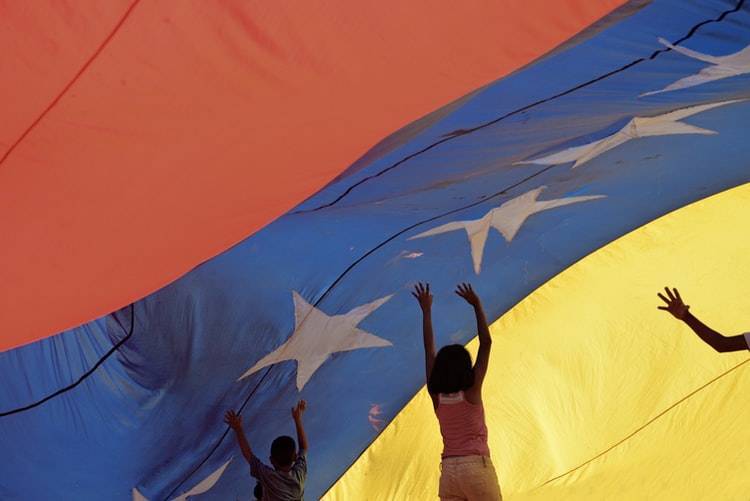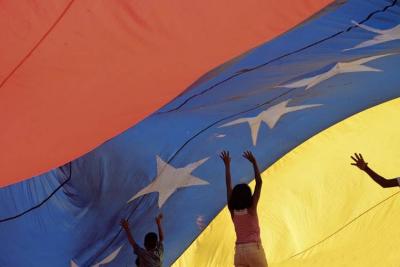The electoral authority in Venezuela announced that the opposition will be able to run again as a coalition in the regional elections scheduled for next November, after being barred from doing so since their victory in the legislative vote of 2015. The "Democratic Unity Platform" was established in 2008 with the participation of about thirty opposition parties and groups against the rule of former socialist president Hugo Chávez (1999-2013). They defeated the ruling party in the 2015 legislative elections, marking a significant victory in 15 years.
Pedro Calzadilla, the president of the "National Electoral Council," stated that the "Democratic Unity Platform" is included on the list of "eight national organizations that we have approved today to participate in the upcoming elections" for mayors and state governors on November 21. Prior to the presidential elections in 2018, the Supreme Court, which the opposition accused of being under the control of Caracas, ordered the exclusion of this group, asserting that it was not a party but a coalition of parties.
The main opposing political parties boycotted the presidential elections that led to Nicolás Maduro's reelection in 2018, as well as the legislative elections in 2020. During these electoral processes, they spoke of organization marred by bias and fraud. On Monday, Nicolás Maduro promised to respect any opposition victory in the regional elections. The head of state stated, "I announce to you: starting from this election, I believe it is better (...) that the winner governs (...) we will eliminate what we used to call the protective system."
Maduro referred to the "protectors" positions that the socialist president established in areas where the opposition won governorships or municipal councils, in order to strip elected officials of power and transfer it to members of the ruling United Socialist Party of Venezuela. He added in an official ceremony, "We will stop the state and municipal protectors system so that whoever wins can govern."
The announcement from the electoral authority and the Venezuelan president came as the European Union, the United States, and Canada affirmed their readiness to "review" the sanctions they impose on this South American country in exchange for organizing "credible" elections.
Elections and Lifting Sanctions
On Friday, Washington, the European Commission, and Ottawa issued a joint statement saying, "We are prepared to review our sanction policies based on significant progress in comprehensive negotiations" to "enable all Venezuelans to express their political views through local, parliamentary, and presidential elections that are credible, comprehensive, and transparent." Washington, Ottawa, and many European countries recognize opposition leader Juan Guaidó, the elected head of parliament in 2015, as the interim president of Venezuela.
In May, Guaidó called for the re-launch of negotiations between the opposition and the government, an option he had previously dismissed. Nicolás Maduro, who halted dialogue with the opposition sponsored by Norway in 2019 amid increasing U.S. sanctions against his government, expressed his willingness to meet with its representatives "whenever they want, wherever they want, and however they want." However, he set conditions, including lifting "unilateral repressive measures," "recognizing" the current parliament controlled by the ruling party, and releasing frozen Venezuelan funds abroad.
For three years, the United States has intensified diplomatic pressure and economic sanctions to oust Maduro, but with no results. Venezuela has been experiencing a severe political, economic, and social crisis for years, with its economy in a state of recession for eight years and an enormous increase in inflation rates, which reached nearly three thousand percent in 2020. Approximately six million people have fled Venezuela, which has been mired in a political crisis since 2019 and has suffered a continuing economic recession for eight years, with 17 countries in Latin America and the Caribbean hosting these migrants.




